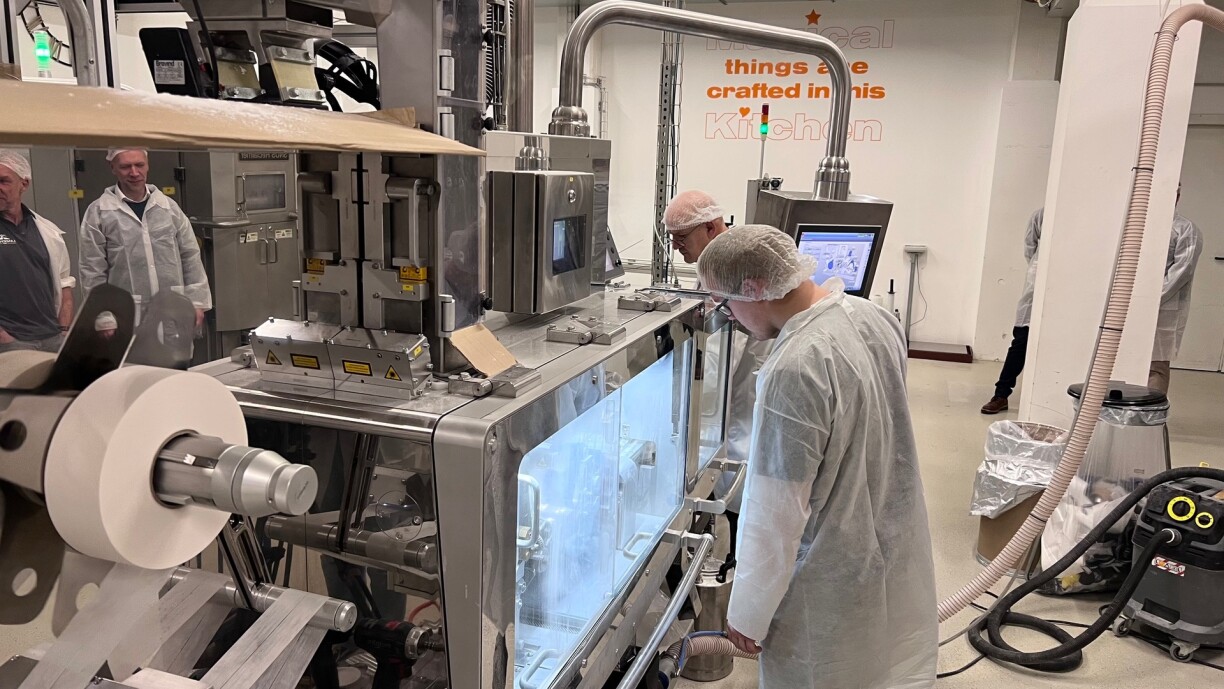
A change in legislation, which does not explicitly ban snus but effectively removes it from the national market, has left Luxembourg-based producer Heintz Van Landewyck feeling sidelined. The company, which once manufactured cigarettes in Luxembourg, recently invested heavily in building up a production line for tobacco-free snus at its Hollerich site.
But in late October, Parliament approved a new anti-tobacco law, based on draft legislation from the previous government, which sets restrictions that amount to a de facto ban.
Chief Commercial Officer Georges Krombach said the limit of just 0.048 milligrams of nicotine per pouch is incomprehensible, noting that this amount is roughly equivalent to what occurs naturally in two aubergines. He argued that if such thresholds were taken seriously, the authorities should logically be placing warning labels on vegetables too.
At that level, he added, their product becomes unappealing to consumers who are deliberately seeking nicotine, which will inevitably drive people toward online purchases. According to him, snus can be ordered “from thousands of websites without any difficulty”.
Krombach warned that the black market is likely to flourish, saying a ban is far too simplistic an approach. His arguments were echoed in Parliament mainly by the Alternative Democratic Reform Party (ADR) and partly by the Pirate Party (Piratepartei).
Other political groups, however, pointed to the risk that colourful, flavoured nicotine sachets pose for young people. MP Françoise Kemp of the Christian Social People’s Party (CSV), the rapporteur of the bill, stressed that nicotine remains an addictive substance regardless of the form it takes, and said policymakers must not allow themselves to fall behind as the market grows more inventive.
The company had supported an age limit of 18, clear warning labels, and a nicotine range of between 6 and 16 milligrams per pouch, along with taxes on snus. Krombach explained that, once excise duties were approved, Heintz Van Landewyck invested more than €1 million in Luxembourg in machines to apply tax labels to packaging. He described the situation as an “industrial nightmare": on Monday the company could purchase tax stamps, and the very next day the product is effectively banned. He said it was impossible to understand how such a situation could arise.
Because Luxembourg-made snus is exported to more than 25 countries, the company is expanding production, but the new factory will be located abroad, in Trier, Germany. Krombach expressed hope that Luxembourg might still raise the nicotine limit so that the pouches can be sold legally on the domestic market rather than reaching consumers anyway via foreign online retailers.